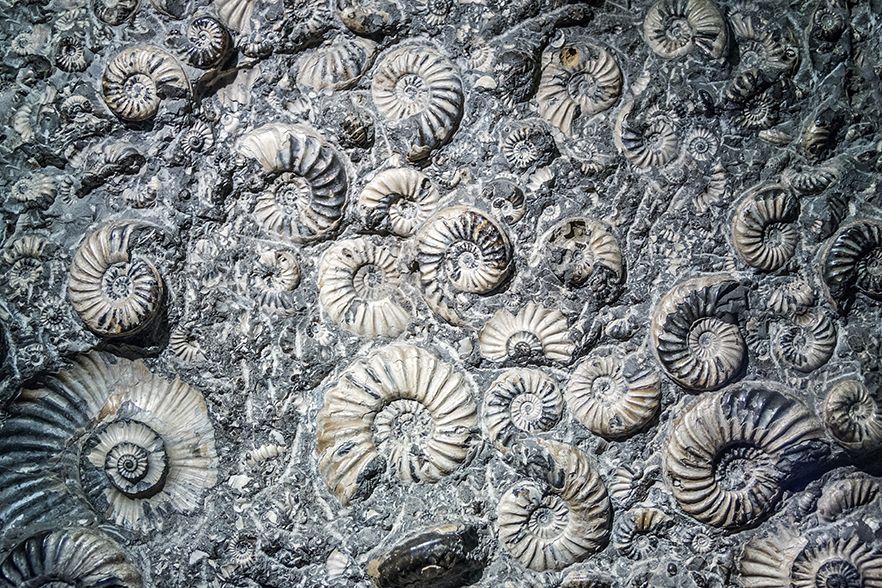MSc Coordinator of the Master in Paleontology
Prof. Dr. Torsten Scheyer (tscheyer * pim.uzh.ch)
Study Coordinator
PD Dr. Karin Isler (studienkoordination * biol.uzh.ch)
OVERVIEW
Paleontological research focuses on the history of the biosphere, the development of life and the biology of fossil species. Topics of particular interest are the distribution of biodiversity in space and time, the patterns and processes involved in mass extinction events and the recovery phases that follow, the origin of new bauplans, functional and constructional morphology, the phylogeny and patterns of evolution in relation to biotic and abiotic factors, the integration of paleontological and embryological data, the resolution of homology issues, paleoecology and dating of evolutionary processes. The current discussion of human impact on the extinction of species and on climate change has boosted the significance of research into biodiversity crises and the climate in prehistoric times.
MASTER'S DEGREE COURSE
The degree course is centered on the block courses and special lectures on paleobiology and the evolution of living organisms. Students acquire the necessary knowledge for working on present-day paleontology issues through the modules offered on evolution, morphology, systematics, taxonomy, biogeography, biochronology, stratigraphy and biodiversity. They put what they have learned into practice in fieldwork. Students can supplement their studies with additional modules chosen from the full range of biology modules and a number of the geology modules.
GUIDELINES
In this Master's program, students have to take one block course in paleontology (compulsory module) and the required module BIO338 Introduction to Scientific Writing (0 ECTS, one day in September or February). BIO338 should be taken before writing the Master's Thesis. The remaining modules are chosen together with the supervisor of the Master's thesis. The Master's coordinator is to be informed about the final compilation of modules.
| BIO 262 | 06 ECTS | Evolutionary Morphology of Vertebrates – Issues and Methods |
| BIO 265 | 02 ECTS | Evolution and Paleobiology of Plants |
| BIO 267 | 06 ECTS | Paleobiology and Evolution of Vertebrates |
| BIO 268 | 06 ECTS | Paleontological Field Work |
| BIO 270 | 01 ECTS | Dinosaur Palaeobiology |
| BIO 271 | 01 ECTS | Illustrations in Natural History |
| BIO 272 | 01 ECTS | Paleobiology and Phylogeny of Amphibians and Reptiles |
| BIO 273 | 01 ECTS | Evolution and Biology of Cephalopods |
| BIO 274 | 01 ECTS | Mass Extinctions, Macroevolution and Macroecology through the Phanerozoic |
| BIO 279 | 01 ECTS | Paleontological Excursions (on weekends) |
| BIO 280 | 02 ECTS |
Animal Domestication and Human/non-human Animal Interactions |
Recommended elective modules in the basic studies: BIO 148, BIO 236, BIO 444, EEE 240, MAT 141, STA 120, PHY 127, CHE 154, CHE 155
Master’s thesis in Paleontology: Module BIO 512.
RESEARCH GROUPS LEADERS FOR MASTER THESES
| PD Dr. | Michael Hautmann |
| Prof. Dr. | Christian Klug |
| Prof. Dr. | Catalina Pimiento Hernandez (starting 2027) |
| Prof. Dr. | Marcelo Sánchez |
| Prof. Dr. | Torsten Scheyer |
| Dr. | Elke Schneebeli-Hermann |
